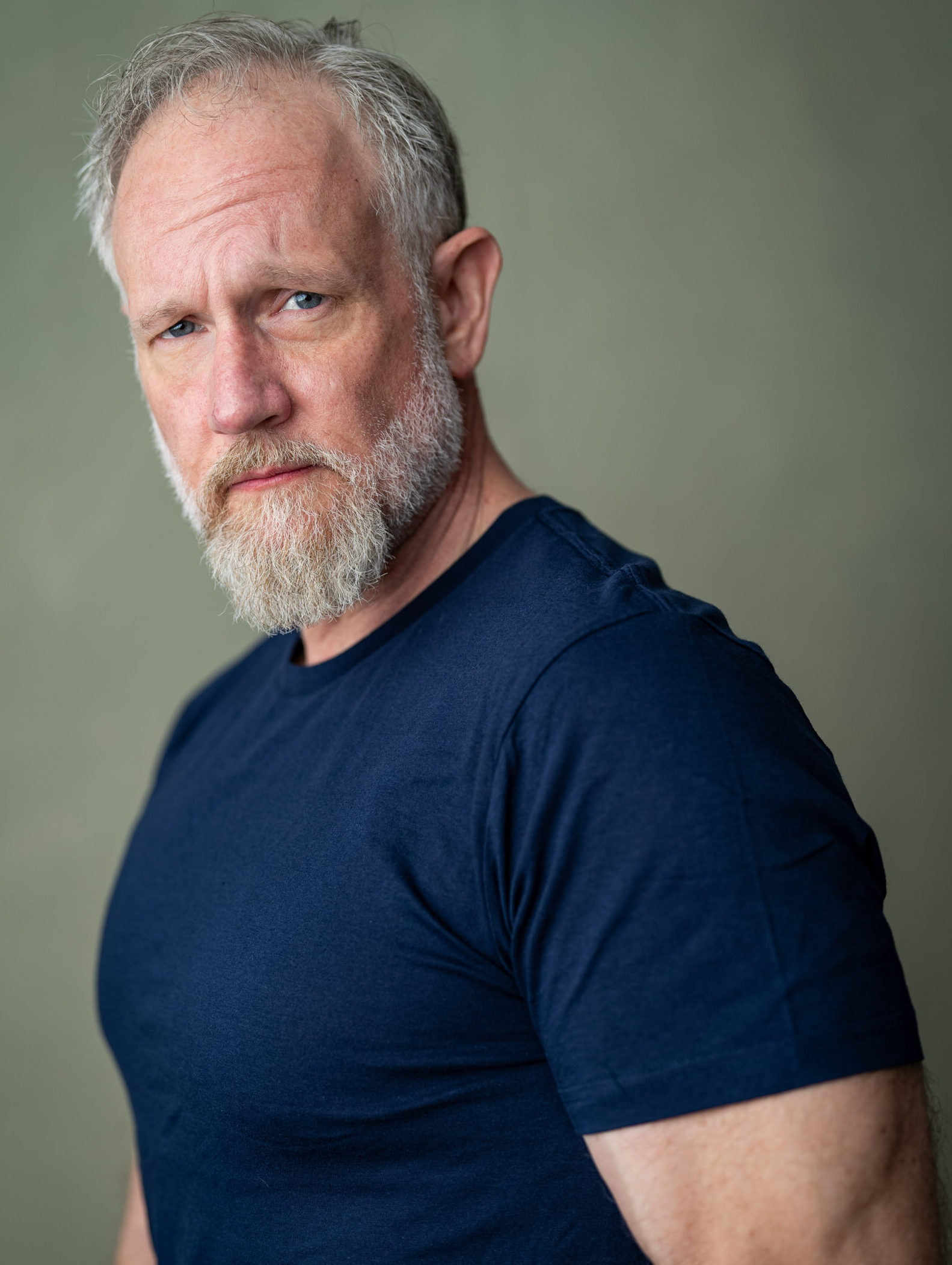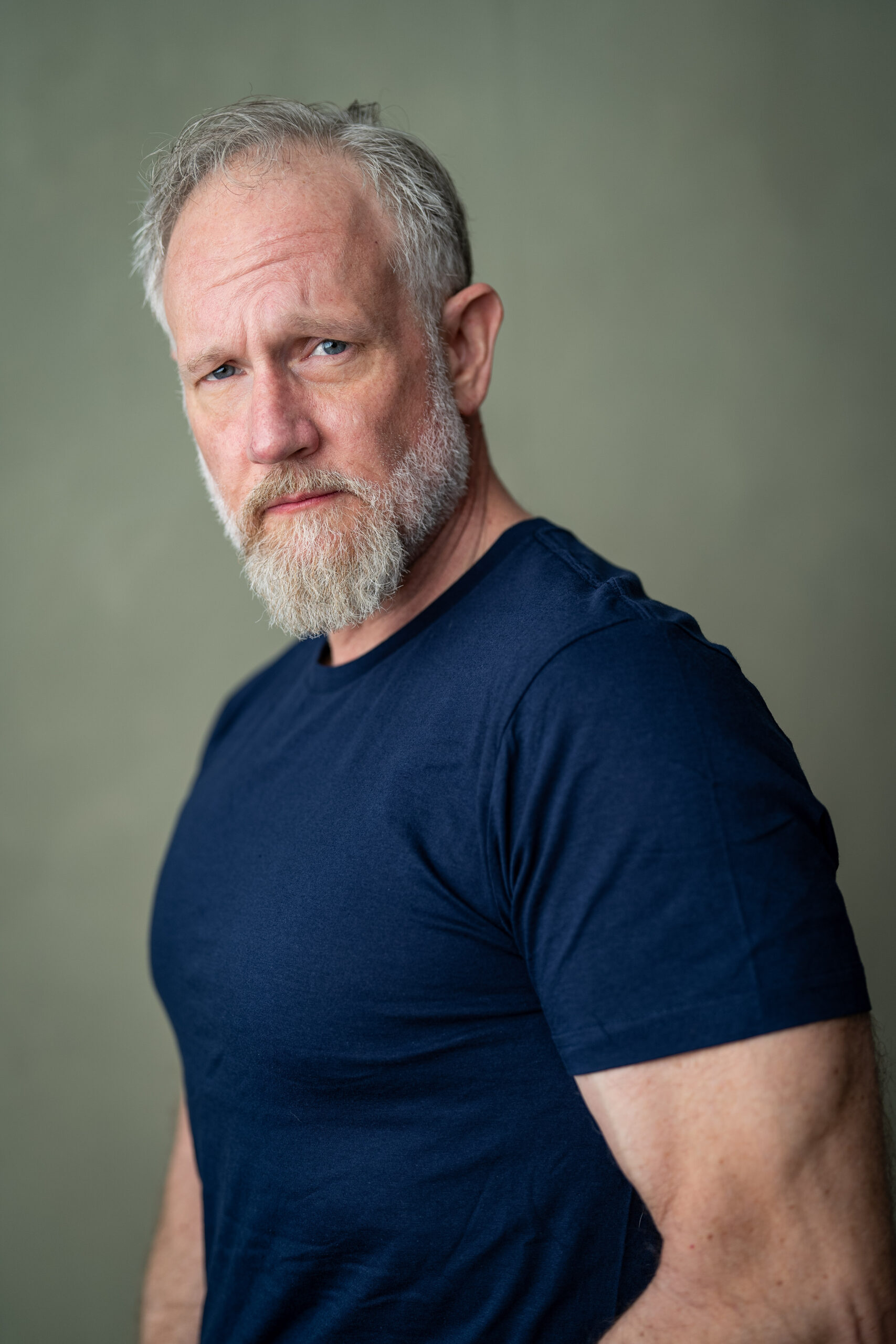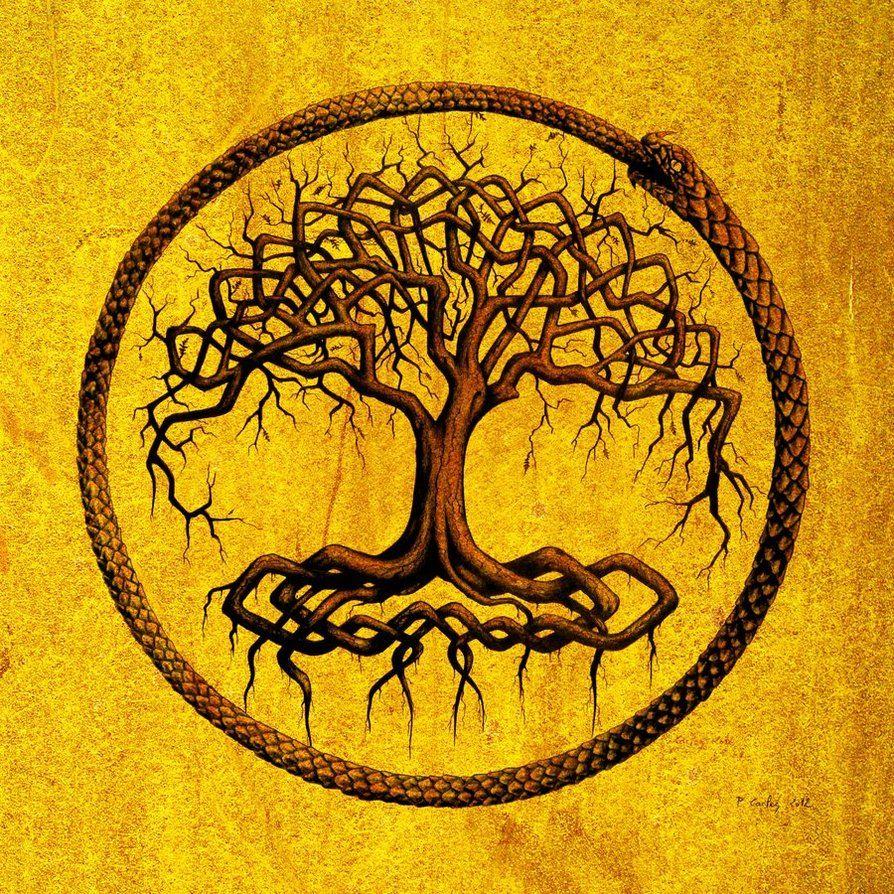When Media Tragedy Overtakes the Man in the Mirror
I know a man whose job exposed him so constantly to the abominations and dark recesses of the human heart that one day he looked in the mirror and could no longer recognize himself…
There are thoughts inside me that I have wanted to open up for public consideration for some time. However, each time I have sat down to write them, a tragedy has occurred in one corner or another of our country, our world, that it has seemed gauchely inappropriate to post them. (I thought people might think I was making light of Bombing X or Tornado Y or Gun Rampage Z, etc.) Then I realized there would never be an appropriate time to share my thoughts, as the ubiquity and pervasiveness of tragedy is part of the very theme itself.
In the late 1990s, I was a senior news editor in Washington DC. For a period of time, it was my job to oversee the transcription of the daily news cycle, first on CNN, then on National Public Radio. I will never forget my first day on the job at CNN: it was the day of the Capitol Hill Murders—July 1998, if I recall correctly.
I worked a 20-plus-hour shift and continuously edited the “breaking news” coverage of the rampage of an idiotic gunman who took hostage our nation’s capital—and viciously stole the lives of several human beings.
As a nation and world, we couldn’t get enough.
One month later, I found myself traveling to Seattle, Washington, for the wedding of two dear friends. Their beautiful ceremony of love occurred in the aftermath of the U.S. Embassy bombing in Kenya. I still feel shame from my first thought of learning the news via an airport television: “Thank God I’m not at work.”
The Internet was nascent enough that most of us, then, were not exposed à la carte to the daily horrors of our world as we are now.
When I left Washington and moved to Charlottesville, Virginia, I threw away my television. I couldn’t stand the news anymore. A theory began to grow inside me.
Over time, I re-assimilated into being a consumer of media tragedy. September 11, 2001, reintegrated me.
Tomorrow morning when we wake up, any number of godawful tragedies will have occurred in various corners of our globe. And throughout the day, media will present us with coverage of a select number of tragic events, be they the result of Mother Nature’s coldness or human beings bent on proving we do not deserve our sentience.
But what, to me—or at least to me today–is most upsetting is that the horrors of tomorrow and the rest of the week that become an essential part of our daily conversations and concerns are the ones that media hand-selects for us. Trust me, of the many horrors that will befall our global neighbors tomorrow, there are many that will not “make the cut” for essential media exposure.
About that theory…I have long wondered what is the productiveness of allowing ourselves to be exposed daily to horror after horror after horror. Moreover, to allow ourselves to be audience members for the hand-selected Tragédie du Jour.
The other evening I found myself shopping for blue jeans at a mall, thinking: How can I mindlessly shop for pants when all those people in Place X are suffering from the devastation of Mother Nature?
Hearing myself think that: that’s when I finally decided to pen some of these thoughts.
The time I spent working for CNN and NPR were absolutely awful. For 12 hours per day, I was constantly exposed to murder, disease, drought, genocide, terrorism, abuse, war crimes, and every other possible human tragedy that now compels human beings to be glued to a television, radio, smartphone, computer monitor, etc. By the end, like my friend, I too could no longer recognize myself.
If you’ve made it this far in this essay, it’s time to reread the beginning sentence. My poor friend (and one of the most accomplished and intelligent people I have ever known): such prolonged exposure to the darkness of humanity caused him literally no longer to be able recognize his own image.
It is important to ask oneself the following question: if tragedy is indeed ubiquitous, how does one profit from experiencing it second-hand every day?
What a dilemma we face in the 21st century: because the scope of media has become so broad, we have reached a point that it is possible every moment of every day to behold some act or event that is simply godawful; beyond words; horrible enough to make us donate $10 via our smartphones. Inspires us to create political memes and hold candlelight vigils. Energizes us to this, that and the other.
But, really, it’s even worse than that: because the handful of awful stories you and I become fixated upon (“concerned about,” pick your phrase) on a daily basis are just the ones that have been hand-selected for you by a team of media producers who are convinced those are the stories which will capture your attention TODAY. Then TOMORROW. Then THE DAY AFTER THAT.
At the end of my stint working for CNN and NPR, I had an idea–a hope–that someday someone might create a Good News Network. GNN: a 24-hour news cycle of positive stories. Firemen saving cats in trees. A woman caught on video helping a homeless person. A dog pulling a baby from a burning home.
Such stories of hope and promise are hand-selected for us by media producers on a daily basis, as well. But those stories don’t “burn” effectively like tragic breaking news. They don’t keep you glued to your mobile device waiting for an update.
In the past few days, I have checked in occasionally to international news sources on the Oklahoma City tragedy. Without exception, each segment was led by a death and injury toll update and the following question: “How are local emergency resources dealing with the inestimable damage?” Then some local individual is interviewed for his or her experience of the unspeakable tragedy.
It’s obscene, but reality: tragedy is carefully scripted for media consumers. In someone’s mind, you are an audience member “tuning in.” And there is an economic bottom line to keeping you tuned in for more.
Realizing this is what once caused me to throw away my television.
And it’s why I’m taking the time to throw some words on a computer monitor this evening.
Boston. Cleveland. Oklahoma City. Sandy Hook. New Orleans. Conduct a Google search of “Iraq bombing.” Polis ad infinitum.
My unique job in 1998 of daily surveying the world’s horrors has now become a fairly commonplace five-minute scan one regularly conducts with a smartphone.
The world has changed remarkably in just 15 years. Rather, the world hasn’t changed at all. But our ability to monitor it has changed.
And I think it is legitimate to question the goodness or productivity in allowing oneself to behold the horrors that media hand-selects for us day after day.
But it’s not so simple, is it, to turn one’s head away? To unplug. There is no app for just seeing good news now and then.
And no one–no one–wants to think that the only reason he or she spent his or her day thinking of the poor souls in Place X is because someone in media decided you should devote your attention, prayers and donations to Place X INSTEAD OF Place Y.
Do not hesitate to reconnect with your own image and the immediate world that surrounds it. In the 21st century, that may be the greatest of revolutionary acts.
{Originally published on the website Forward Progressives on May 23, 2013. The website recently closed down without maintaining an archive. The original article received more than 10,000 views.}
- Posted by
 Arik Bjorn
Arik Bjorn - Posted in Arik's Articles
 May, 23, 2013
May, 23, 2013 No Comments.
No Comments.
I think Uber Nights is the perfect bathroom book. If there are any public libraries out there listening, I think they should put a copy in every stall.
-Read more about Uber Nights







